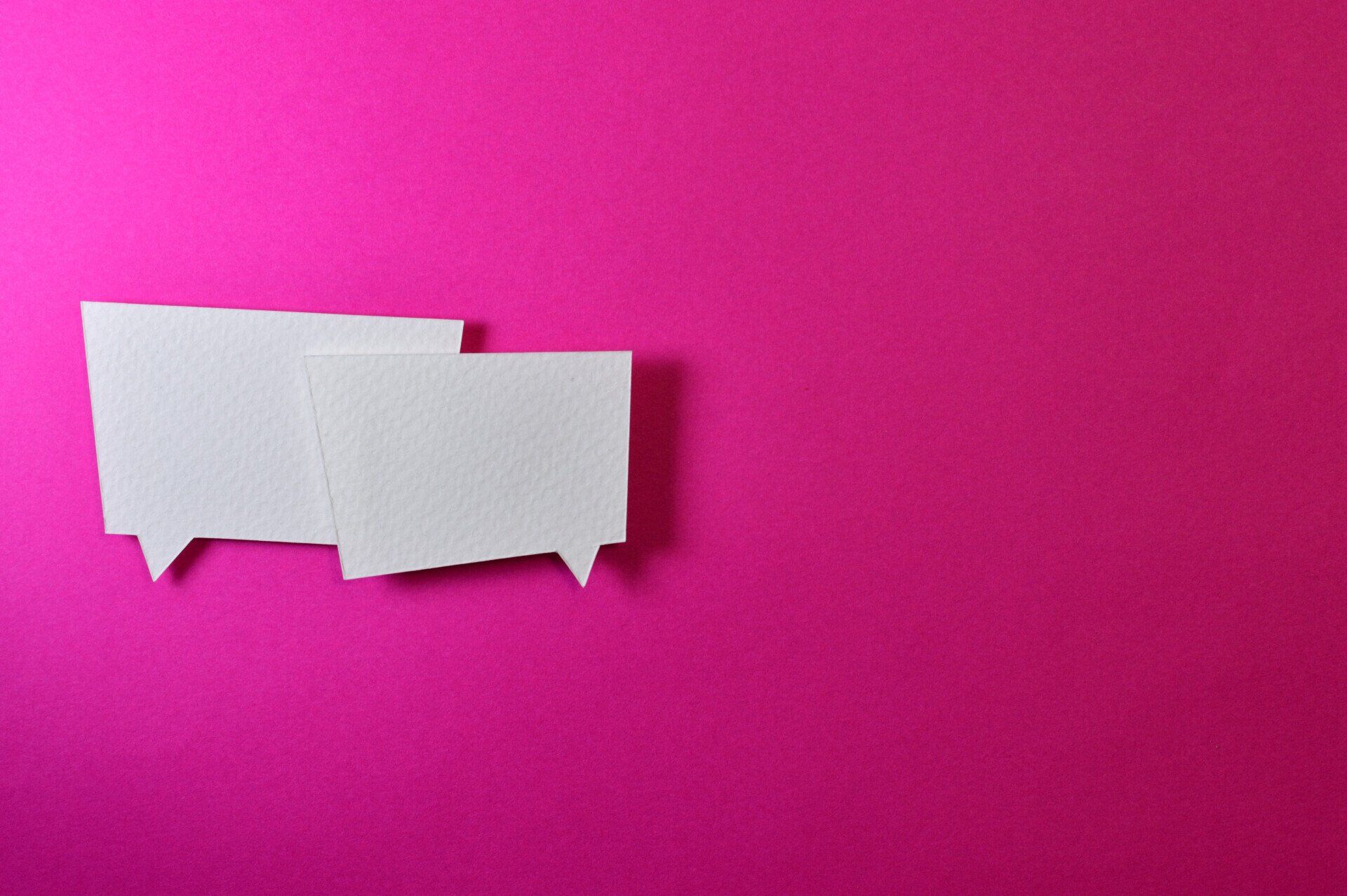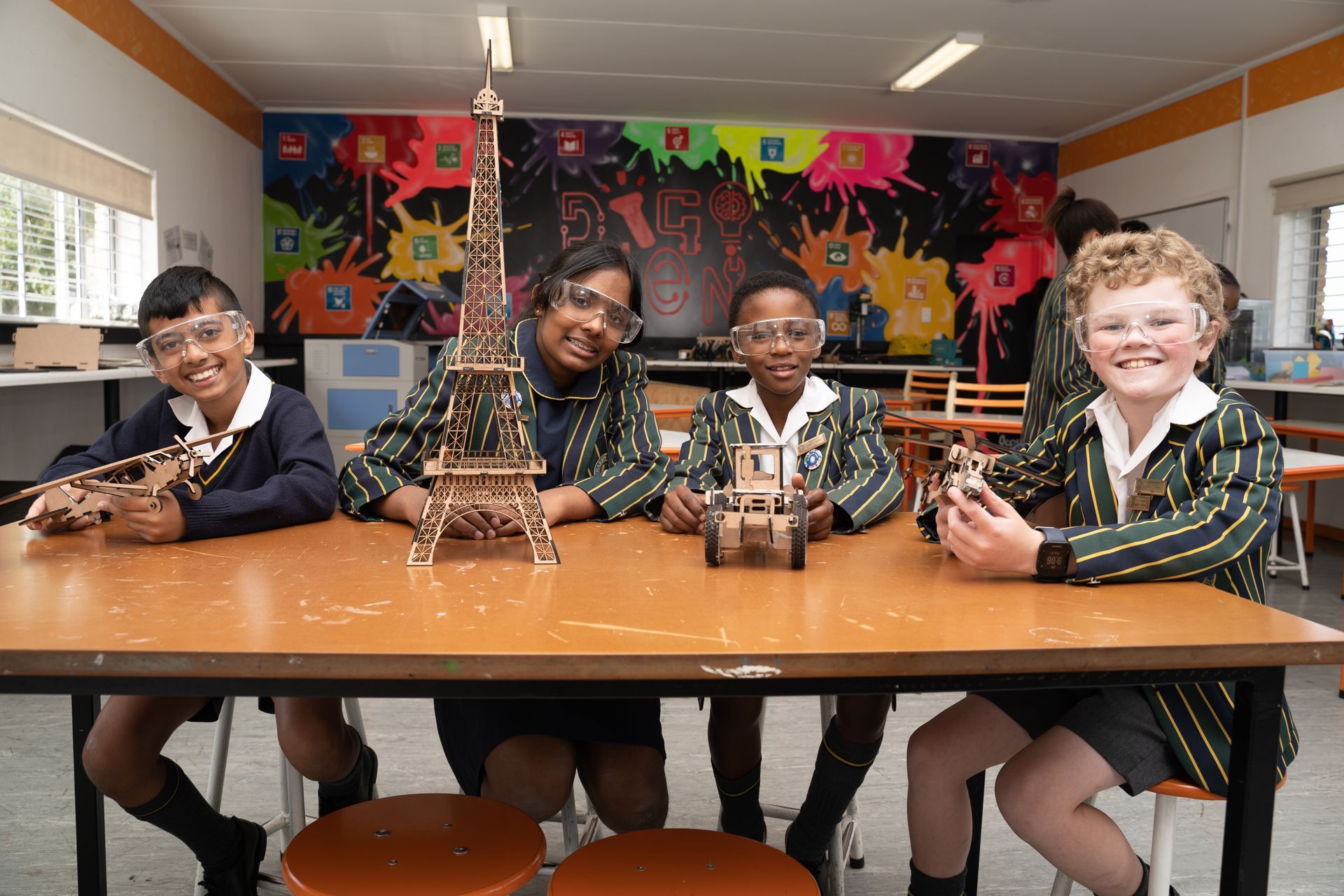Welcome to
CHARTERHOUSE SCHOOLS
We are a unique, independent school of the finest tradition in private education. From the humble beginnings of the Pre-Primary School in 1976, Charterhouse Schools today offers Grade 0000(2 turning 3) to Grade 7. We are a Cambridge school that includes learning outcomes from the CAPS and IEB curriculum.
Book a Tour
-
Pre-Primary
Learn moreGrade 0000 - 0
-
Preparatory
Learn moreGrade 1 - 7
-
Academics
Learn moreDescribe some quality or feature of the company. Write a short paragraph about it and choose an appropriate icon.
-
Admission
Learn moreEnrol
Blog

By Corne Swan
•
22 Jun, 2023
Children are Born to Learn Nurturing children's natural love of learning begins with trust; trust that works both ways. Children need to be in a trusting environment where their creativity and spontaneity is encouraged. They need an instinctive understanding that they can learn without fear. Teachers then need to trust the children. They need to trust that children know when they are ready to learn and trust that they know what they want to learn. Trust that when children own their own learning, it occurs naturally and in a way that fuels their natural desire to learn. "Fish swim, birds fly, and children learn." John Holt This is one of my favourite quotes because it encompasses, in only a few words, the truth about children and learning; it's what they do. And they do it naturally and instinctively from birth. Children are naturally curious and have a built-in desire to learn first-hand about the world around them. I see this happening every day at Charterhouse, from the preschool toddlers to the Grade 7s in the preparatory school. I see curious children trying to make sense of things and find out how things work, gain competence and control over themselves and their environment, observing the world around them and experimenting. Instead of shying away from learning, they touch it, taste it, bend it and engage with it; all to make sense of it and discover new things. They are bold and fearless; not afraid of making mistakes. Children are patient and can tolerate an extraordinary amount of uncertainty, confusion, ignorance, and suspense. If left alone, children will know instinctively what method of learning is best for them. Caring and observant parents soon learn that it is safe and appropriate to trust this knowledge. Such parents say to their baby, "Oh, that's interesting! You're learning how to crawl downstairs by facing backwards!" They do not say, "That's the wrong way." Perceptive parents are aware that there are many ways to learn something, and they trust their children to know which ways are best for them. Children learn best when what they are learning has relevance to their own interests and concerns. Although what fascinates a preschooler is quite different from what fascinates a teenager, their intrinsic motivation and love of learning will always shine through. Schools should take more cognisance of this and work at delivering their curriculum in a way that enhances the natural love all children have for learning. What I see at Charterhouse is teachers facilitating learning and engaging children in the process of knowledge building and learning new skills. Our teachers create an environment where children immerse themselves in their learning and stimulate their natural curiosity. We understand that every child is an individual and on their own learning journey. Every child can only run as fast as they can run, and every child can only learn as fast as they can learn. At Charterhouse our children don’t understand the sentence, “I can’t do it.” They rather say, “I can’t do it yet!”. With the right environment, stimulation, questions asked and facilitation, all children will reach the understanding and knowledge they require to foster true learning. - Dylan Cavanagh
Contact us
Preparatory: (011) 475 6809
Pre-Primary: (011) 475 4185
admissions@charterhouse.co.za
10 Erasmus Road, Radiokop
Honeydew, 2040
Location
10 Erasmus Road, Radiokop, Honeydew, 2040
Contact






